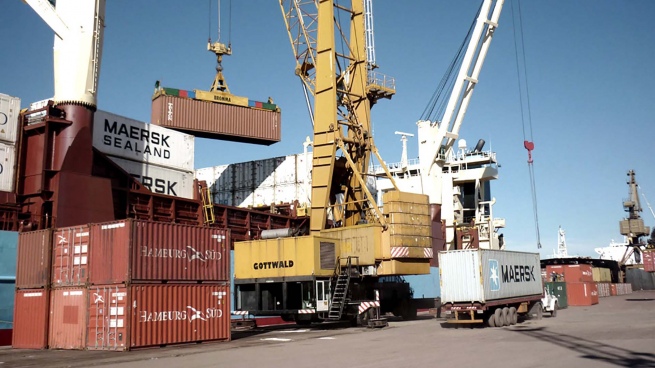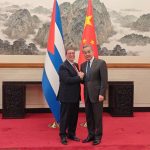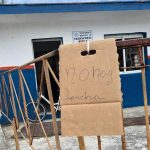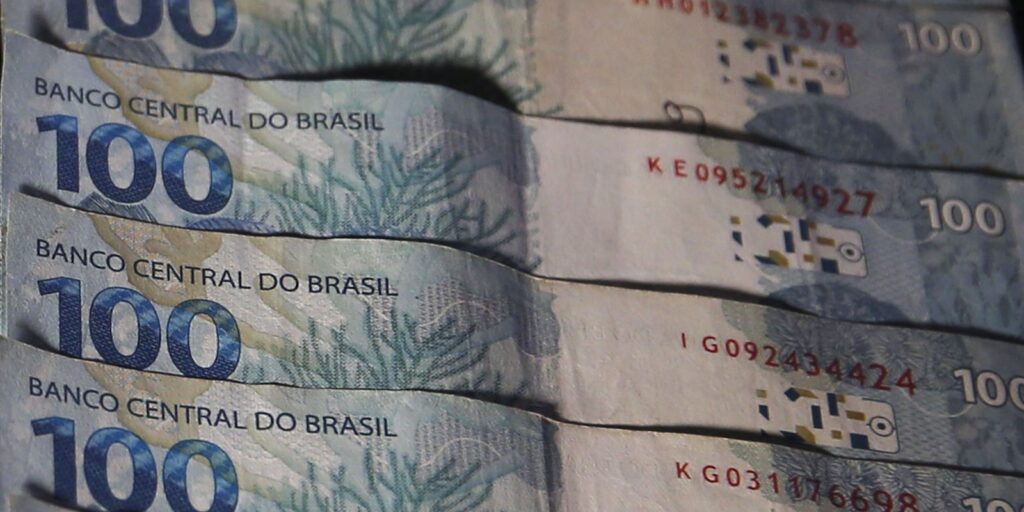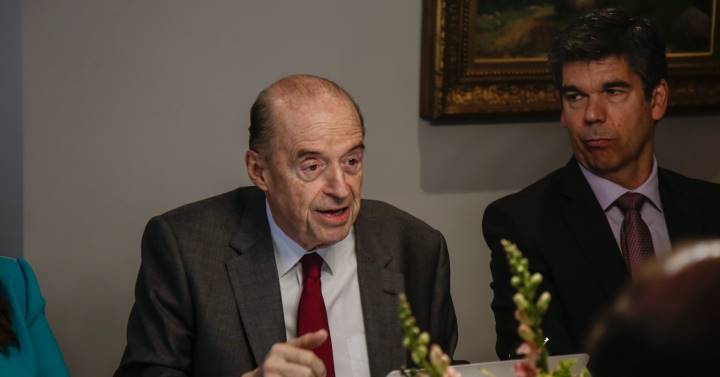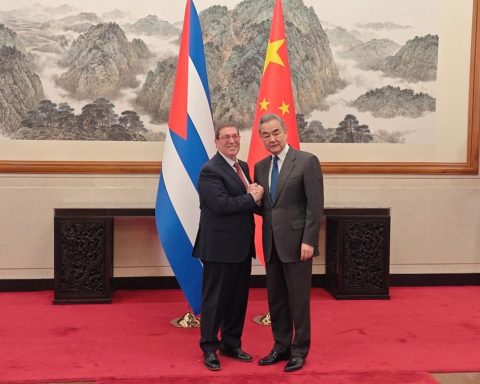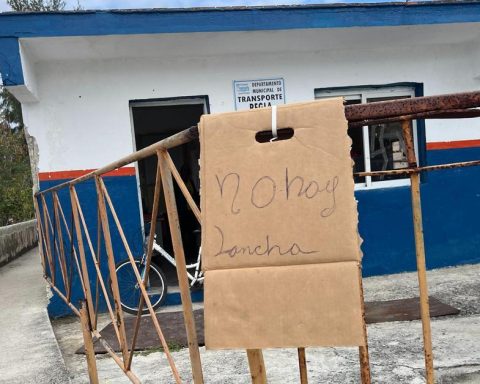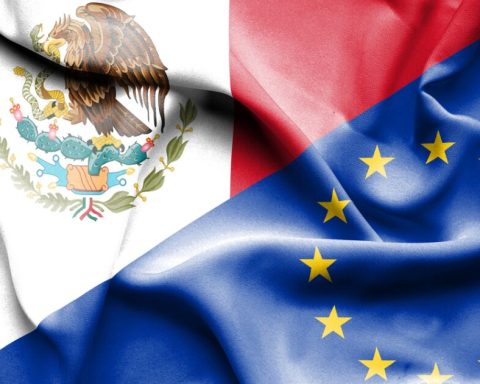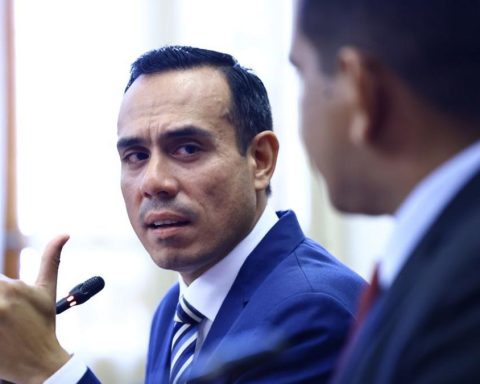The general director of Customs, Guillermo Michel, specified this Thursday that a “first universe” of over-invoicing and under-invoicing operations in foreign trade for “around US$ 1,250 million of FOB value” was detected, in addition to irregularities in the companies that precautionary measures were used.
The irregular operations allowed companies to obtain more dollars to operate in foreign trade than they would have been entitled to from the beginning of 2021 to the present.
Michel’s statements go along the same lines as the sayings put forward on Wednesday by the new Minister of Economy, Sergio Massa, when he indicated that “there are more than 13,000 triangulated import operations of 722 companies that bought products at one price, passed it through another destination and brought it overcharged to Argentina. In general, the triangulation was done with companies that were no more than a year old”.
“What we are analyzing here are triangulation operations where the merchandise comes from one country and the invoice from another jurisdiction, but overcharged; that is, at a price higher than what the merchandise is worth”William Michael
In his first appearance as minister, Massa remarked that “a registry will be opened for 60 days so that the companies can make a rectification,” but he warned that “complaints will be made before the Argentine justice system of those who do not present themselves to clarify or correct, but also The complaint will be filed with the United States money laundering unit, since banks from that country were used and therefore the headquarters of the financial domicile determines jurisdiction“.
For his part, Michel clarified that “triangulation itself is not something irregular, it is common in foreign trade for merchandise to come from one place and be billed from another country” but he specified that “what we are analyzing here are triangulation operations where the merchandise comes from one country and the invoice from another jurisdiction, but overcharged; that is, at a price higher than what the merchandise is worth.”
Specifically, he highlighted that “we detected a first universe of 13,640 operations involving 722 companies, for around US$ 1,250 million of FOB value. Some of those we already denounced to the Argentine justice”.
The combat of this type of maneuvers would help increase the level of reserves of the Central Bank (BCRA) that currently stands at US$ 37,818 million, and was one of the main objectives outlined by Massa in his presentation yesterday.
The over and under-invoicing in foreign trade implies that companies obtain more dollars to carry out their operations than they should have.
“Customs detected in some precautionary cases that a company obtains and then transfers the brand to a third company for a very short period of one month, in order to use that precautionary measure and be able to obtain that merchandise”William Michael
Michel warned that the increase in the exchange gap generates greater profit (and incentives for) in this type of operation, “both the overinvoicing of imports to make dollars in the country at the official exchange rate and then change it abroad to the financial dollar , such as the under-invoicing of exports where the tax base in Argentina is hollowed out to leave the dollars abroad”.
Regarding imports made possible through precautionary measures, the head of Customs stated that “We are informing electronically all those companies that were able to access the foreign exchange market and imported through precautionary measures, where we detected some type of irregularity”.
“Customs detected in some precautionary cases that a company obtains and then transfers the brand to a third company for a very short period of one month, to be able to use that precautionary measure and be able to get hold of that merchandise,” added Michel.
One of Customs’ intentions is to avoid this type of fraudulent conduct in the future: “Beyond working on a case-by-case basis, we are trying to generate a perception of risk in the future to try to correct future behavior in these operations where it is a question of taking the dollars out of the country that we should apply to production and employment and not for this financial gain,” Michel stated.
Among the measures analyzed, Massa on Wednesday anticipated the implementation of a foreign trade traceability system, which allows for better control and transparency over the use of foreign currency, for which, from the authorization to the release of foreign currency, There will be a deadline, date and authorization, with priority for the productive and health chains.
The official exemplified this type of operation with the detection, by Customs, two weeks ago of a “gross maneuver” where the importation of video cards was declared in the Special Customs Area of Tierra del Fuego when, in reality, they were low-value products without integrated circuits, commonly known as “electronic waste”.
“Only aluminum platelets were imported where the merchandise had no more value than the weight of aluminum,” he said.
Michel also mentioned a case of underinvoicing of lithium exports by a company in the north of the country.
Lastly, and with the aim of “dismantling this type of maneuvers”, he maintained that Customs is working together with the AFIP to improve “data analysis capacity”, as well as “the exchange of international tax information” with the other countries.
